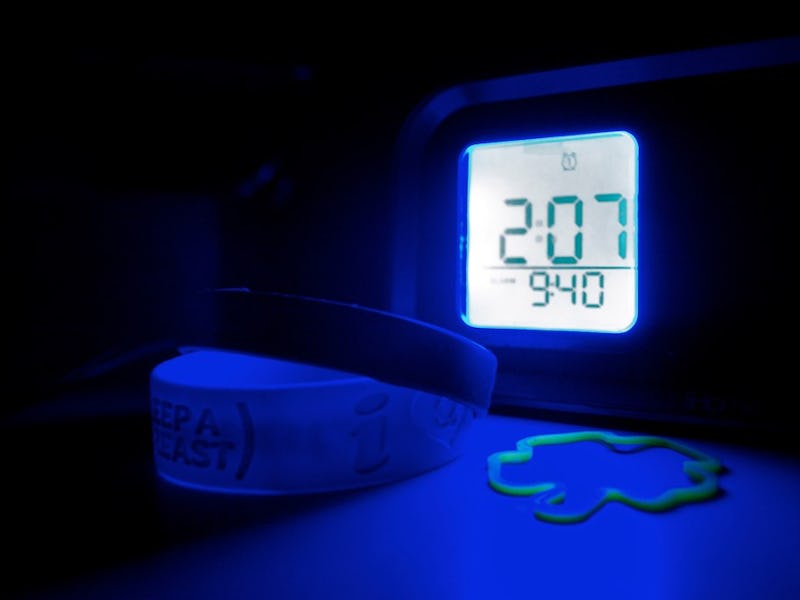Proof That Sleep Deprivation is Stressing You Out
Balancing rest and work can lead to a lose-lose situation.

The relationship between sleep and stress seems intuitively understandable: Less sleep presumably leads to more stress. But, as obvious as that sounds, scientists had failed to prove that equation right until, well, now. In a new issue of the medical journal Sleep, researchers at Stockholm University and the Karolinska Institute who studied the resting patterns of almost 5,000 employed adults find that the sleep deprived consistently perceive work as being more stressful. To make matters worse, people who reported being stressed out at work were found to have more difficulty sleeping.
It’s a dangerous cycle that may cost American employers as much as $62 billion in lost productivity annually, a huge price to pay for an hour or two of their employees’ precious sleep.
What’s key here is that sleep deprivation can change an employee’s perception of how stressed out they are. Whether or not they actually have more work to do, people who were sleep-deprived felt that they had a more demanding workload, less control over their situations, and more ill feelings about working compared to people who got a good night’s sleep. The authors of the paper explain that the fatigue that people experience after sleeping poorly often causes them to be less effective at work, which makes normal demands seem more difficult. All of these perceptions amount to increased stress, which in turn lead to sleep issues.
How do we beat this vicious cycle? The researchers offer this simple prescription: “Interventions to improve sleep may be important in reducing stress and negative views of work, and perhaps life in general.”
The authors don’t specify which interventions, but many researchers attempting to address the growing issue of stressed out, unsatisfied office workers have focused on finding ways to make people slow down.
One particularly effective remedial intervention is napping. An increasing number of companies, including Google (pictured below), Nike, and Zappos, provide their employees with quiet rooms where they can take mid-day siestas in the hope that these will improve their work experience and productivity in general. A recent study by researchers at the University of Michigan showed that napping equips people to deal with frustration — something every office worker is faced with every day.
Exercise, whether during the work day or afterward, has also been shown to lead to better sleep. In addition to providing their employees with nap rooms, Ben and Jerry’s also offers them free yoga classes and personal trainers. Researchers have shown that having a regular exercise routine — and maintaining it over time — can reduce stress levels, which in turn turns down the physiological arousal that can keep people from falling asleep.
Another intervention that could lead to better sleep is practicing mindfulness meditation. It’s become especially popular among young adults, with events such as The Big Quiet held in New York’s Central Park drawing hundreds of participants. Meditation in older adults has been shown to help correct difficulties sleeping — as well as the issues associated with sleep deprivation, such as anxiety, stress, and depression.
So here’s some advice: Close your eyes, listen to this, and think about something that isn’t your upcoming presentation.